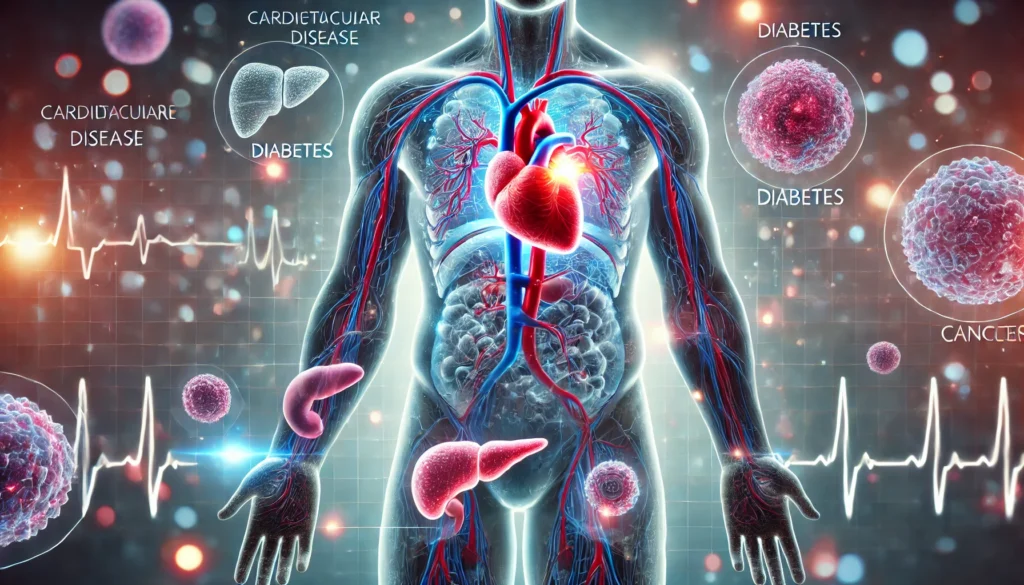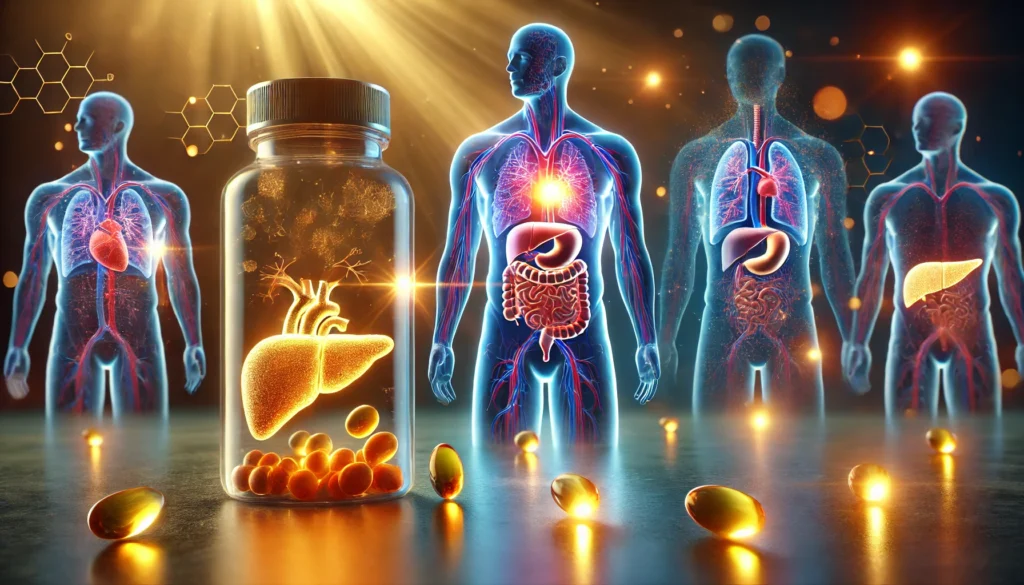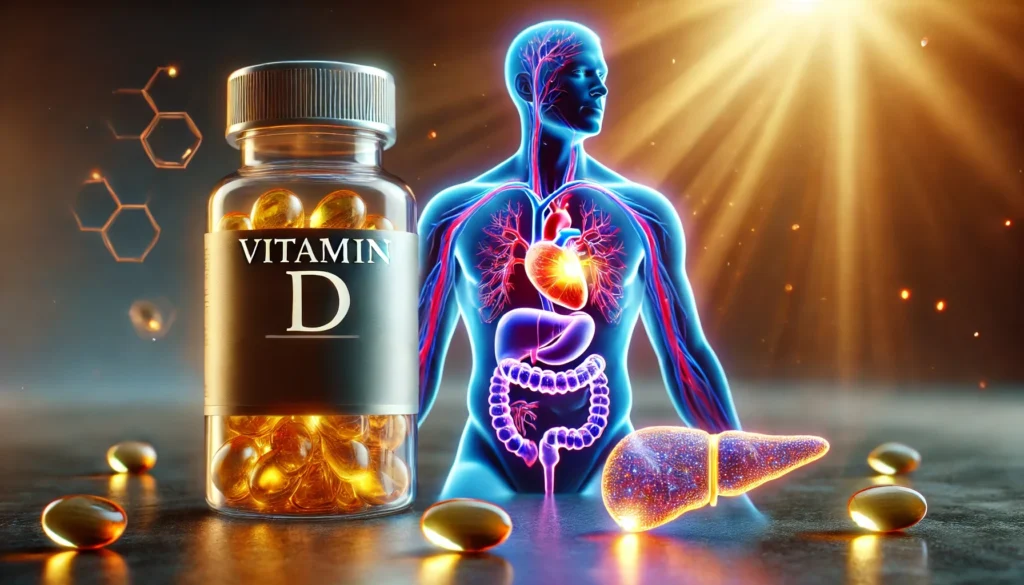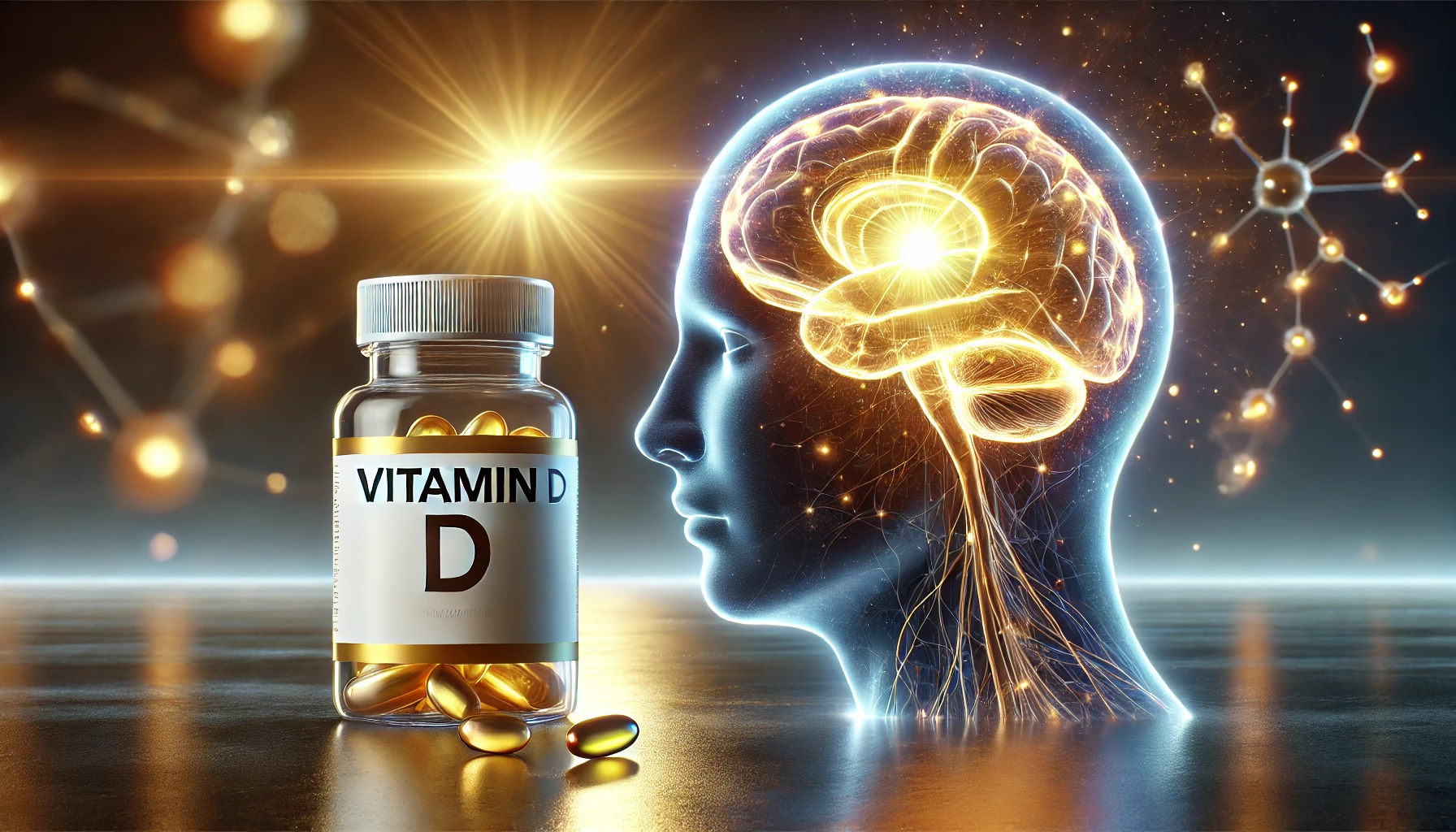Vitamin D is also widely known as the sunlight vitamin. Vitamin D is a fat-soluble vitamin that is essential for good health and well-being. When exposed to sunlight, vitamin D is made in the skin, but it can also be acquired from certain foods and supplements. In this article, we will look at the origins of Vitamin D, its health benefits, the best dosage, possible side effects and interactions, and its use as a nootropic supplement.
You May Also Like:
Moringa: Facts About this Incredible Plant
Nature of Vitamin D
Vitamin D is a fat-soluble secosteroid hormone that is essential for the health of your bones, immune system, and metabolism of calcium and phosphorus. Due to its impact on brain function and cognitive health, vitamin D has attracted a lot of interest in its potential as a nootropic agent.
There are two main types of vitamin D: vitamin D2 (ergocalciferol) and vitamin D3 (cholecalciferol). While vitamin D3 is produced in the skin when exposed to sunshine and can also be obtained through animal-based dietary sources, vitamin D2 is largely derived from plant sources. In the liver and kidneys, both forms can be transformed into calcitriol (1,25-dihydroxyvitamin D). Calcitriol is the physiologically active form of vitamin D.
The fact that the hippocampus, cortex, and cerebellum all express vitamin D receptors (VDRs) indicates the role of vitamin D in brain function. VDRs and the enzyme that produces calcitriol (1-hydroxylase) are found in neurons and glial cells, which adds more evidence that vitamin D may be important for neurophysiology.
Health Benefits of Vitamin D
Vitamin D has numerous health advantages, including bone health maintenance, osteoporosis prevention, and fracture risk reduction. It also aids in immune function, inflammation reduction, and the prevention of chronic illnesses such as cardiovascular disease, diabetes, and cancer. Furthermore, vitamin D has been linked to better cognitive performance, mood, and mental health. According to a study published in the Journal of the American Geriatrics Society, vitamin D supplementation improved cognitive function in older people with low vitamin D levels. Another research published in the Journal of Affective Disorders discovered that vitamin D supplementation improved mood in depressed people.

Chemistry of Vitamin D
Vitamin D is a collection of fat-soluble secosteroids that includes vitamin D2 (ergocalciferol) and vitamin D3. (cholecalciferol). Vitamin D3 is synthesized in the skin in response to UVB radiation, whereas vitamin D2 is obtained from plants. Both types of vitamin D are biologically inactive and must be converted to the active form, calcitriol, in the liver and kidneys. Calcitriol is a hormone that controls the absorption and metabolism of calcium and phosphorus in the body.
Physiological Mechanism of Action of Vitamin D
The vitamin D receptor (VDR) is a nuclear receptor that controls the expression of genes involved in calcium and phosphorus metabolism, immune function, and cell growth and differentiation. The VDR is found in a variety of tissues, including the brain, where it aids in neuroprotection and cognitive performance. Vitamin D also influences the expression of neurotransmitters involved in mood regulation and cognitive function, such as dopamine and serotonin.
Optimal Dosage of Vitamin D
The optimal vitamin D dosage varies according to age, gender, and health condition. The National Institutes of Health (NIH) suggests 600-800 IU (international units) per day for most adults and 800-1000 IU for adults over the age of 70. However, some experts believe that higher doses may be required to obtain the best health outcomes. Blood tests can be used to evaluate vitamin D levels and determine whether or not supplementation is required.
Side Effects of Vitamin D
Excessive intake of vitamin D can cause hypercalcemia, a condition characterized by high levels of calcium in the blood. Symptoms of hypercalcemia include nausea, vomiting, constipation, weakness, and confusion. Long-term exposure to high levels of vitamin D can also cause kidney damage and cardiovascular disease.

Potential Substance Interactions with Vitamin D
Certain drugs, such as glucocorticoids and anticonvulsants, can interact with vitamin D supplements, affecting calcium metabolism and increasing the risk of hypercalcemia. Other nutrients, such as calcium and magnesium, can combine with vitamin D, affecting absorption and metabolism. As a result, before taking vitamin D supplements, it is critical to consult with a healthcare expert about any possible interactions.
Responsible Use of Vitamin D
While vitamin D supplementation can provide numerous health benefits, it is essential to use it responsibly and in conjunction with other medications, such as antacids, steroids, and cholesterol-lowering drugs. If you are taking any medications, you should consult your doctor before beginning a vitamin D supplement to prevent any potential negative interactions.
Vitamin D: Conclusion
It is good to get your vitamin D3 from the sunlight or in the form of supplementation as vitamin D is concluded to have nootropic properties. There is also vitamin D4 which is another kind of vitamin D that is obtained from plant sources. Both vitamin D3 and D4 will be converted to its active form in the body. Once converted, it is involved in many processes that affect the cognitive system.
As an example, the hippocampus, cortex, and cerebellum all express vitamin D receptors. This signifies the importance of vitamin D in the expression of neurotransmitters. In other parts of the body, these receptors are also found and they control the expression of genes involved in calcium and phosphorus metabolism pivotal for the immune system. You should get personalized medical advice before starting vitamin D supplementation and use it responsibly to fully utilize its potential.

References:
- Pettersen, J. A. (2017). Does high dose vitamin D supplementation enhance cognition?: A randomized trial in healthy adults. Retrieved from: Experimental Gerontology, 90, 90–97.
- Groves, N. J., McGrath, J. J., & Burne, T. H. J. (2014). Vitamin D as a neurosteroid affecting the developing and adult brain. Retrieved from: Annual Review of Nutrition, 34(1), 117–141.
- Beauchet, O., Cooper-Brown, L. A., & Allali, G. (2021). Vitamin D supplementation and cognition in Adults: A Systematic review of randomized Controlled trials. Retrieved from: CNS Drugs, 35(12), 1249–1264.
Important Note: The information contained in this article is for general informational purposes only, and should not be construed as health or medical advice, nor is it intended to diagnose, prevent, treat, or cure any disease or health condition. Before embarking on any diet, fitness regimen, or program of nutritional supplementation, it is advisable to consult your healthcare professional in order to determine its safety and probable efficacy in terms of your individual state of health.
Regarding Nutritional Supplements Or Other Non-Prescription Health Products: If any nutritional supplements or other non-prescription health products are mentioned in the foregoing article, any claims or statements made about them have not been evaluated by the U.S. Food and Drug Administration, and such nutritional supplements or other health products are not intended to diagnose, treat, cure, or prevent any disease.

